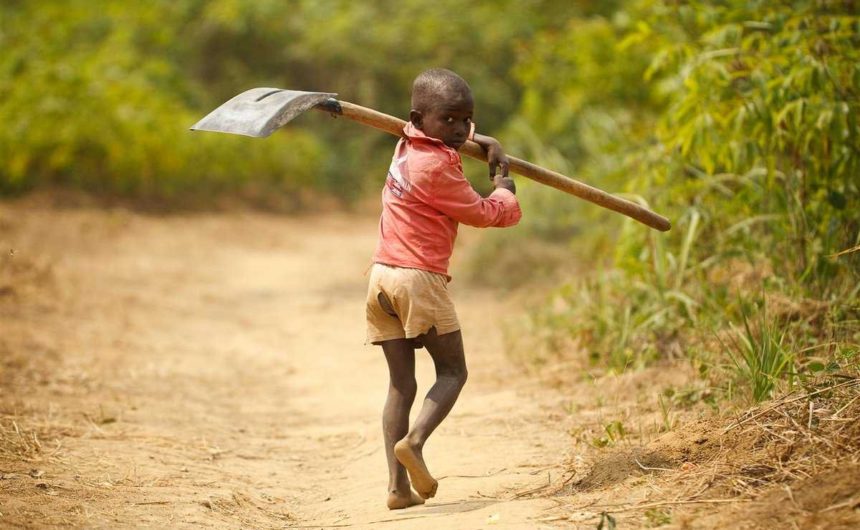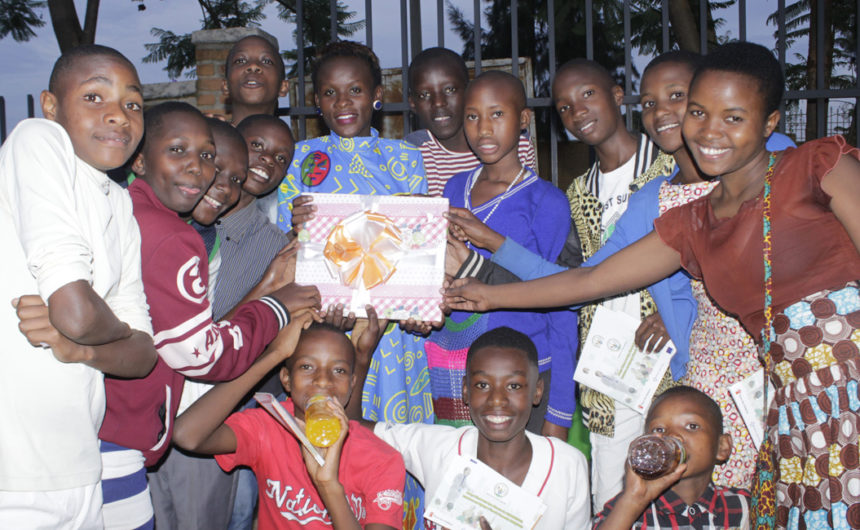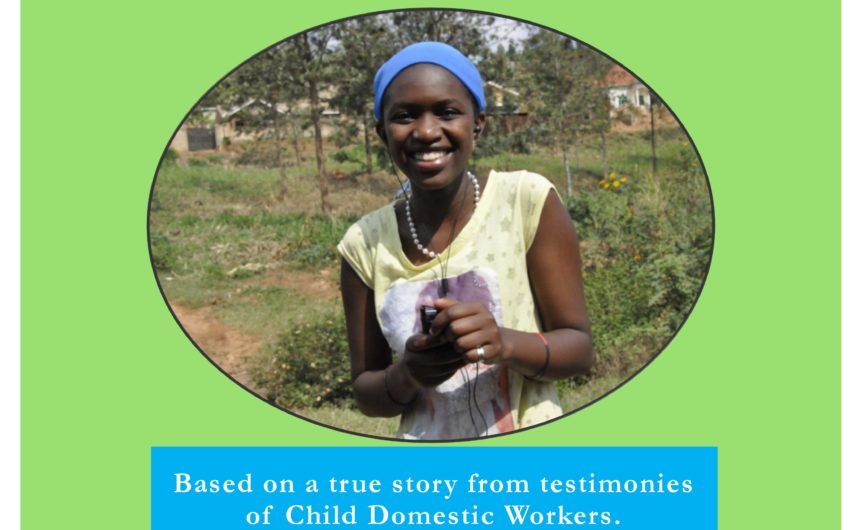Preventing and Responding to Unsafe Migration of Children
Preventing and Responding to Unsafe Migration of Children in Rwanda (UMCR)
The project contributed to protection of children from harmful work. It builds on lessons learnt over the two years in working with child domestic workers in Kigali city from 2015 up to 2017. It situated the child domestic work in urban areas in a broader context of children on the move and intends to address it through a wider child protection systems lens. It intended to engage different stakeholders and carry out activities to prevent unnecessary family separation and unsafe migration of children looking for survival, unnecessary engagement of children into child domestic work, respond to cases of children already engaged in child domestic work and undertake advocacy on the issue of child domestic work.
Since 2015, Children Voice Today, under the support of the Save the Children, has piloted a child domestic work project to protect child domestic workers from violence, neglect, abuse and exploitation. Whereas the overall goal of the program was to prevent children from harmful labour and ensure that child domestic workers live in a violence free environment, the intermediate deliverables of the last two years were to create a violence-free working environment for child domestic workers in Kigali City, increase their employability chances and facilitate the access to more decent life opportunities as well as create awareness on the need to protect children from harmful child labour. And so far, the program has registered commendable achievements.
During the project implementation however and with consideration of the available data on the issue, CVT has realized that the following areas required more efforts to prevent new entries of children in domestic work and protect children who are engaged and/or at risk of being in harmful child domestic work:
- Child domestic work remains prevalent in Rwanda. About 300,000 children were found in domestic labour in 2015 at the expense of their education and therefore with a minimum chance of realizing their full potential.
- Most of children who were working in households in Kigali City were sent by their parents, relatives or attracted by their peers in their districts of origin. A big number of children leave their families to urban areas with false promises for better life and education, which never happen. Rather, they become hidden in houses of their employers in exploitative conditions. Such situation makes their journey to search better opportunities unsafe migration.
- Poverty, limited opportunities and family conflicts were cited by boys and girls migrating for domestic work in Rwanda among the push factors. Therefore, there is a dire need to facilitate the identification and/or creation of decent opportunities/options for children and young people who are at risk of unnecessary family separation or unsafe migration in their home districts.
- A high percentage of CDW are exposed to abuse, violence and exploitation in their work destination. Some children domestic workers are victims of early pregnancies, some end up in prostitution, etc.
Such situation is worsened by the very nature of child domestic work-hidden and could be addressed by a strong child protection system where every community member will feel accountable to prevent the cases to happen and report them when they occur. Wider community awareness is also needed in sending districts. This means that community awareness interventions in sending districts are critical to discourage parents/relatives from sending children in towns as a way of households’ survival.
The project named Preventing and responding to Unsafe Rural Urban Migration of Children in Rwanda (UMCR) was implemented by CVT, with the support of Save the Children, aimed at contributing to reducing the unnecessary family separation and unsafe migration of children from rural area to Kigali in search for domestic work. The project implemented in Rwanda, focusing on two Districts of Kigali City as receiving Districts (namely Nyarugenge and Gasabo) and 2 Districts of the Southern Province as sending districts (namely Muhanga and Ruhango).
Would you like to see the UMCR project achievement? Please watch Its documentary video here:
You can also read the subtitles of the UMCR Project‘s Documentary Video here.




